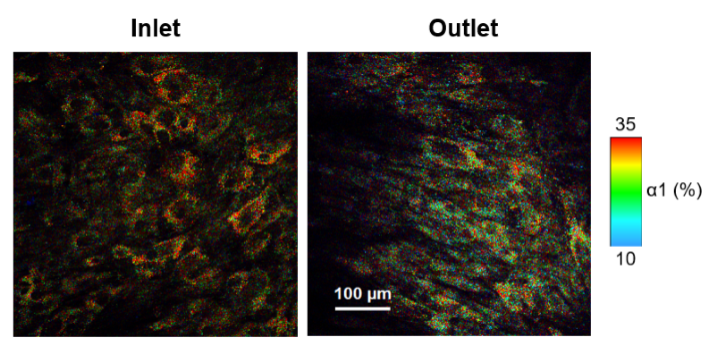Doctoral Network for a Shared Excellence of Fluorescent Lifetime Imaging Microscopy in Biomedical Applications
Duration 1/01/2023 – 31/12/2026- Funded by EU call HORIZON-MSCA-2021-DN-01 – G.A. 101073507 – PI: Dr. Michael Monaghan, Trinity College, Dublin, Ireland – Official website: flIMAGIN3D.eu – Publications are linked at the bottom of this page

Project abstract
In flIMAGIN3D, which centres on fluorescent lifetime imaging microscopy applied to biomedical platforms in 3D; ten talented Doctoral Candidates (DCs) will be recruited, trained and supervised to cohesively establish the most robust, user accessible and powerful FLIM-based platform-never achieved before, and apply it to a wide range of applications in the biological sciences. flIMAGIN3D will generate ten DCs at the cutting edge of FLIM-based biological imaging who will spearhead, and go onto catalyse clusters of FLIM excellence across Europe; each intertwined within a collaborative network that will extend beyond the time-frame of the program. This doctoral network will train talented doctoral candidates in the essential theories underpinning FLIM , and through the individual projects and extensive secondments in this network; elevate their projects and skills, and that of their secondment hosts to research excellence in FLIM flIMAGIN3D addresses a significant knowledge gap in the field of photonics in biology by involving biomedical scientists in each and every aspect of development and design, and cognisant of the wide variety of current platforms that require adaptability to such modalities. In flIMAGIN3D: bringing together representatives with different applications and backgrounds, we will identify and overcome barriers to FLIM imaging by developing the next generation of scientists who will develop a FLIM platform capable of extracting the greatest amount of information possible in a stream-lined, accurate and user-friendly manner in order to understand biology in disease, differentiation, development and interventions at a high resolution. To achieve this goal, the trained scientists will develop cheaper advanced hardware components, with user friendly software that can build precise libraries for accurate machine learning classifications and plug-and-play platforms and sensors to facilitate a wide range of applications.
Publications